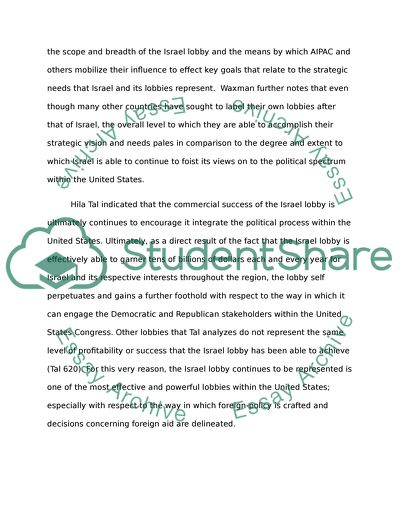Cite this document
(“Ideology Research Paper Example | Topics and Well Written Essays - 1750 words”, n.d.)
Retrieved from https://studentshare.org/social-science/1650411-ideology
Retrieved from https://studentshare.org/social-science/1650411-ideology
(Ideology Research Paper Example | Topics and Well Written Essays - 1750 Words)
https://studentshare.org/social-science/1650411-ideology.
https://studentshare.org/social-science/1650411-ideology.
“Ideology Research Paper Example | Topics and Well Written Essays - 1750 Words”, n.d. https://studentshare.org/social-science/1650411-ideology.


